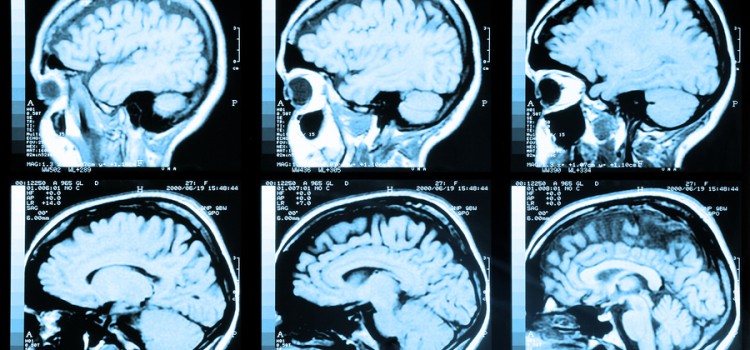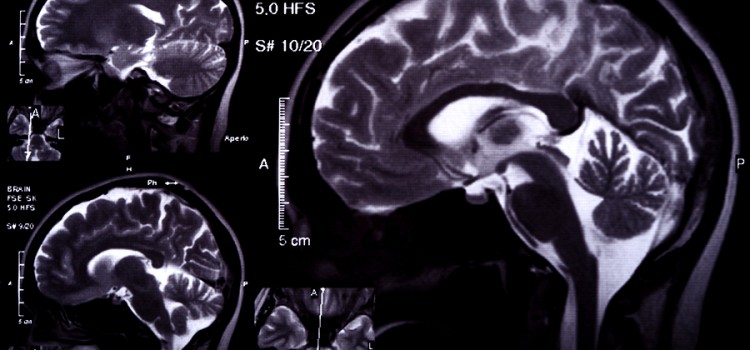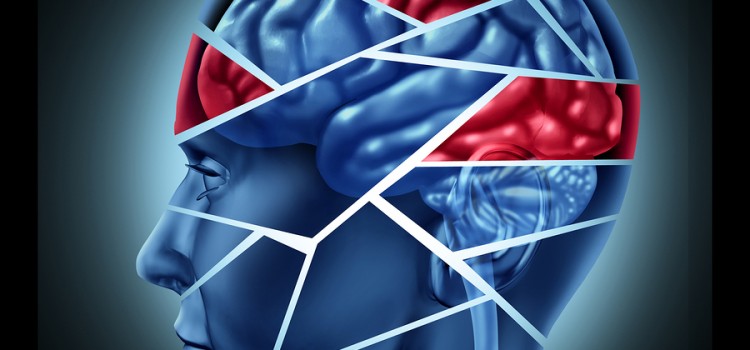Category: Brain Injury
Research estimates that 80-85 percent of an individual’s perception, learning, cognition, and activities are mediated through vision. It can be challenging, therefore, for anyone suffering from vision issues[1] after a brain injury. Common Forms of Tampa Bay Vision Problems After TBI In general, 20-40 percent of people with traumatic brain injury (TBI) experience related vision disorders[2]. Some vision-related issues can…
The term “mild brain injury” can be misleading. The term “mild” is used in reference to the severity of the initial physical trauma that caused the injury. It does not indicate the severity of the consequences of the injury. The Centers for Disease Control [1], as part of its Report to Congress on Mild Traumatic Brain Injury in the United States, developed the following…
Every 19 seconds, someone in the United States sustains a traumatic brain injury (TBI). That adds up to 1.7 million people each year. Brain injuries range from mild to moderate to severe. Every injury is different, but when your brain is injured, it can affect everything: your ability to speak, focus, remember, and relate to other people. BrainLine, a national…
Traumatic Brain Injury is caused by an external physical force such as shaking, striking against an object, a fall, or a collision with speed and force according to The Center on Brain Injury Research[1] and Training. The U.S. Department of Health and Human Service Centers for Disease Control and Prevention states that an estimated 1.7 million people sustain a traumatic…
Drunk drivers pose a serious public health risk to other people using Florida roadways. In addition, it is a widespread problem, with the Centers for Disease Control and Prevention (CDC) indicating1 that there are 121 million episodes of self-reported drunk driving reported each year. Drunk drivers are at a significantly increased risk of causing an accident, and the accidents in…
As reported by the Centers for Disease Control and Prevention (CDC), more than 1.7 million people sustain traumatic brain injuries (TBIs) on an annual basis.1 Many of these individuals can incur significant losses due to medical costs, lost earning capacity, pain and suffering, and more. Unfortunately, about 52,000 of those TBI victims each year lose even more—their lives. Brain injuries…
Many individuals who are diagnosed with either moderate or severe traumatic brain injury (TBI) must remain in the hospital in the intensive care unit (ICU). This is especially the case if the TBI victim is in a coma or another state of unconsciousness. Time in the ICU can be stressful, especially since patients in this area are often in critical…
Just like any other tissue or organs in the human body, the brain needs a constant supply of oxygen to ensure proper functioning. If the oxygen supply is cut off from the brain for a period of time, a person may experience severe effects. After four minutes without oxygen (anoxia) or with the oxygen supply significantly limited (hypoxia), tissue in…
The Centers for Disease Control and Prevention (CDC) reports1 that an estimated 2.5 million individuals in the United States required medical treatment for a traumatic brain injury (TBI) in a single year. TBI can range from a relatively mild concussion to severe and permanent disabling or even fatal brain damage. While all TBI victims deserve to recover for their losses…
Some traumatic brain injuries (TBIs) are relatively mild—such as a concussion1—while others are severe and cause immediate and permanent damage. For victims of severe TBIs,2 the fact that they have sustained a serious injury is often immediately apparent and they may even lose consciousness for an extended period of time. In such cases, the brain injury victim is usually transported…











